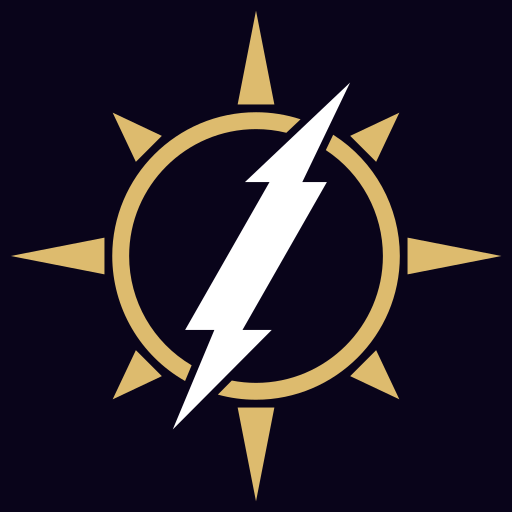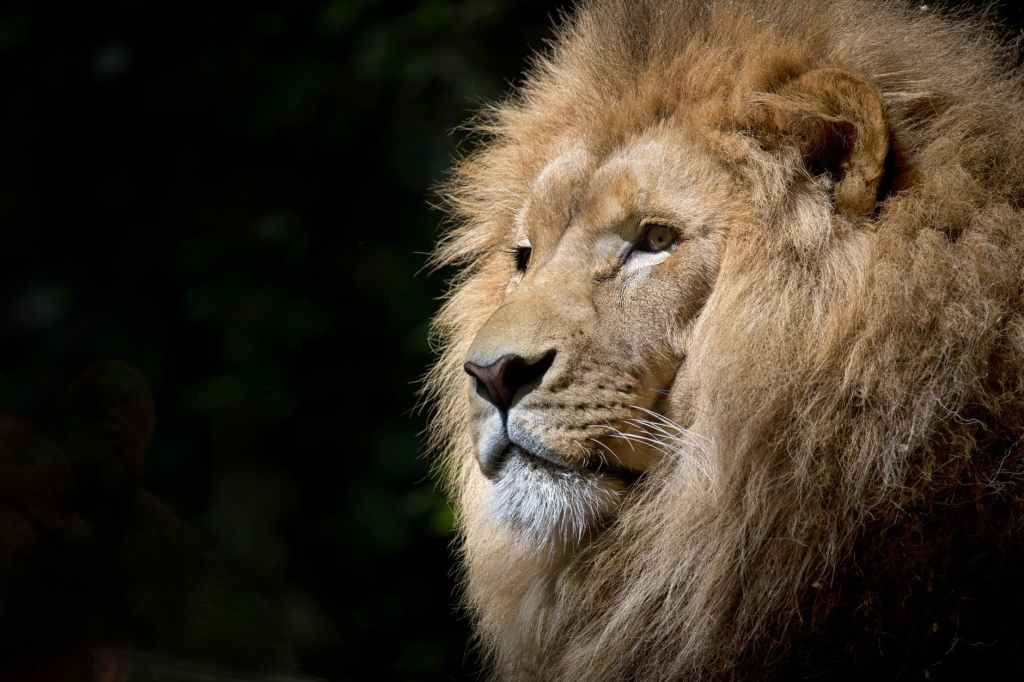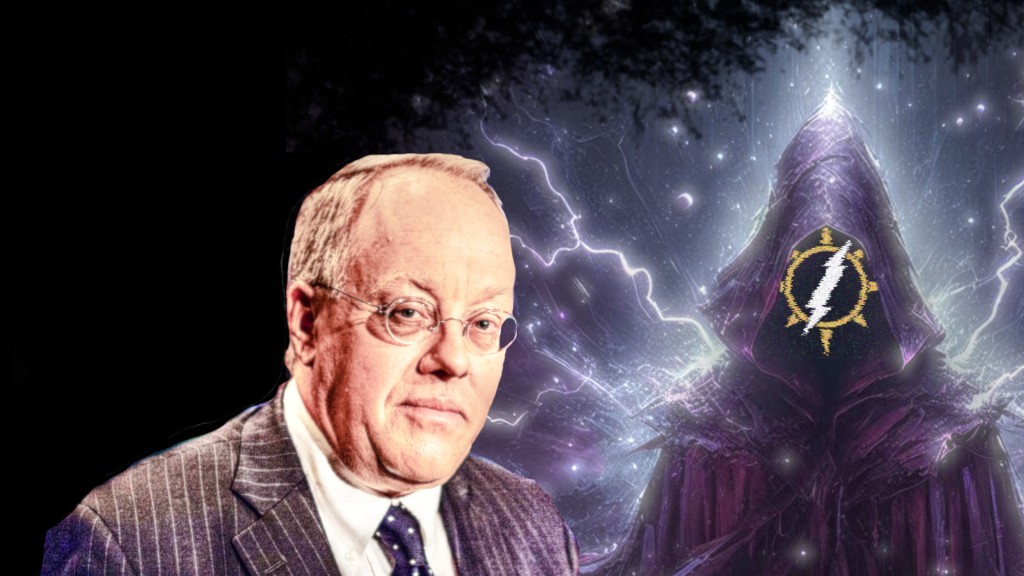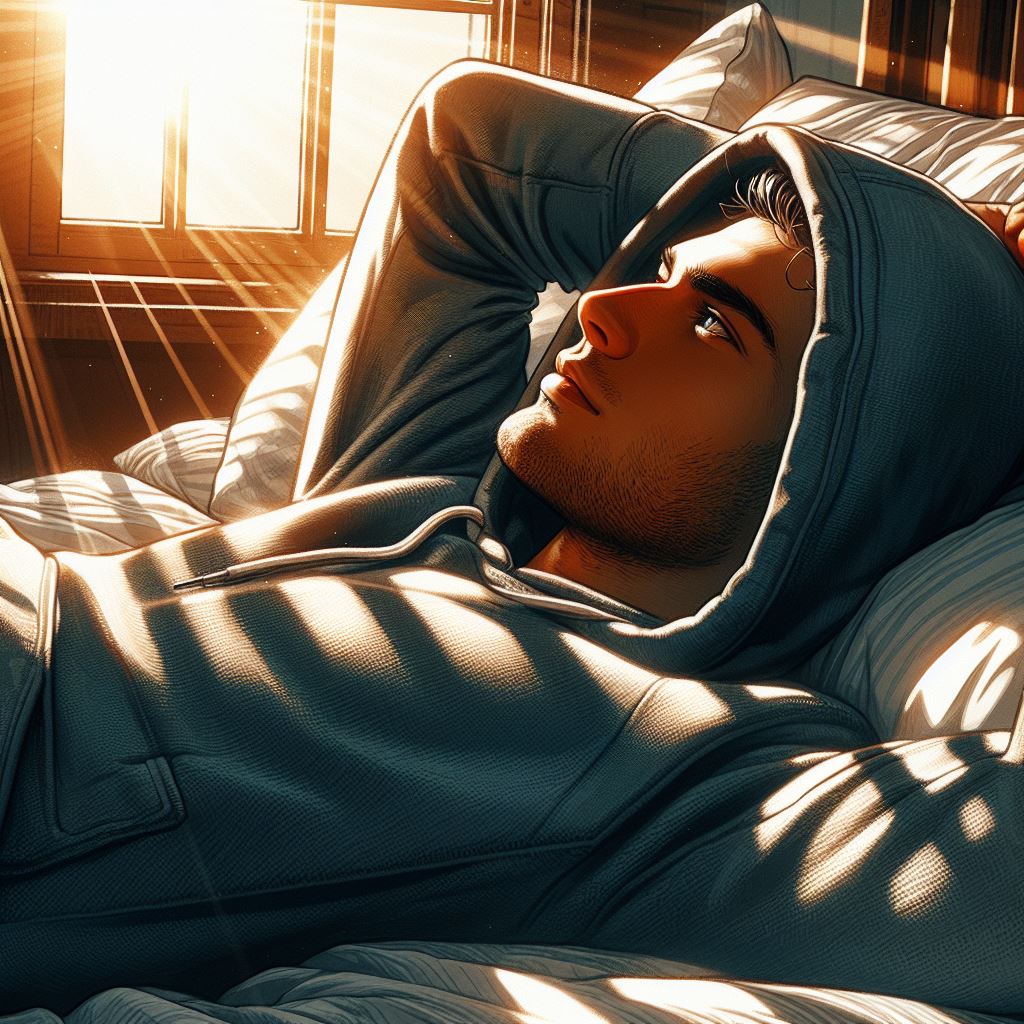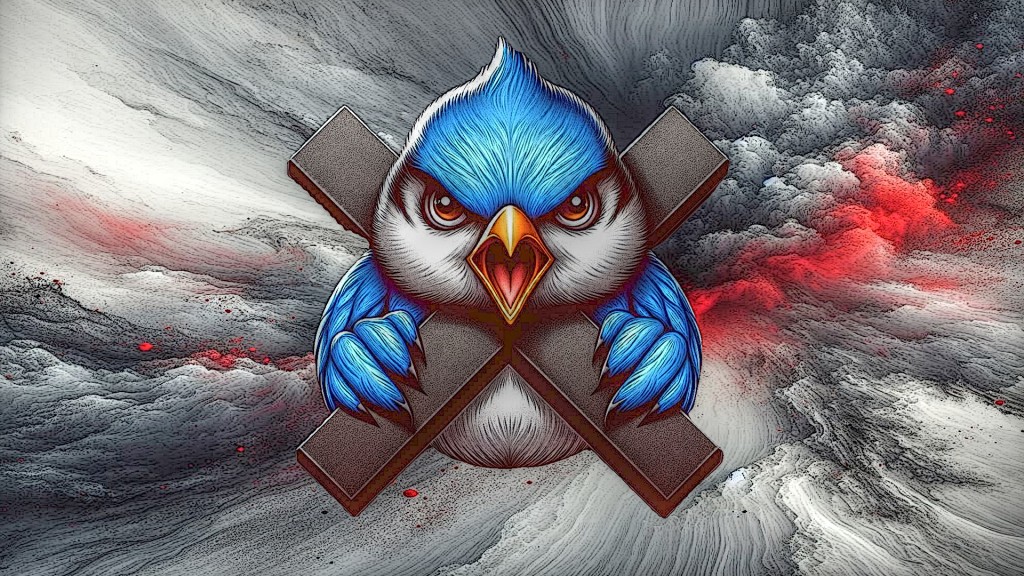From Scottish Folklore
There was a King of Lochlann, and he married, and two sons were born to him. Oireal was the name of one, and Iarlaid of the other. Their father and mother died. A “Parlamaid” sat to put “Cileadearachd,” a regency on the realm, till the children should come to age, and till they should take the vows of the realm on themselves. They sent word for the lads, and Oireal was a feeble man, and Iarlaid was the bigger. Oireal said to the “Parlamaid” that he would not have anything to do with the realm as yet.
“Clod of it you shall not have,” said the Parliament, “unless you take it this day.”
Said Iarlaid to Oireal, “take thou the one half, and I will take the other half.”
“Well, them,” said Oireal; “I will do that.”
The realm was written upon the lads. In a few years Iarlaid married the daughter of the King of Greece, and Oireal married of the daughter of King Sgiath Sgial, King of the Arcuinn (Orkney).
Sgiath Sgial gave six maids of honour with his daughter, and the King of Greece gave the very like with his own daughter.
Three quarters from that night the ailment of children struck the daughter of the King of Greece; and besides, the ailment of children struck the daughter of Sgiath Sgial, and sons were born to them, and twelve sons were born to maids of honour. Manus was given as a name to the son of Oireal, and Eochaidh to the son of Iarlaid. The sons began to come on; Manus was growing big, and Eochaidh was but little. They were sent to school, and his own foster brethren were together with each one of them.
They were playing shinny on the field, coming from school, and Manus drove the ball against Eochaidh. “I will have my own father’s realm,” said Manus.
Said the daughter of the King of Greece, “It were my wish to put an end to Manus, of murdering and spoiling and slaying.”
“Well, then, that were the great pit to put that end to the son of our brother,” said the king.
“If thou wilt not do it, I will do it,” said she.
She went in, and gave a slight box on the ear to her own son, and she drove him out of the house.
“Begone,” said she, “and betake thyself to the four brown boundaries of the world, and let me not see thy sole on the same land as long as the world is set. I will take Manus with me, and he shall be a son for myself.”
She took Manus in with herself, and she set her own son on a beautiful sunny single-stemmed hill, where he could see every man, and no man him.
Manus was within with her, and he was not getting to see his mother at all. Then his mother said that she would go where her muime was, and that she would take her counsel.
At the end of a year she sent word for Manus. And in a few years the wife of his father’s brother sent word for Manus.
“What, oh Manus!” said the daughter of the King of Greece, “Art thon thinking of doing this day? If thou wilt marry, thou wilt get the third part of the realm; land, corn-land, and treasure.”
“Well, then, I am not of age to marry at all,” said he.
“Thou needst not say that,” said she. “There is one man on my own land that will suit thee. Thou shalt go to ask his daughter, and thou shalt marry her. He is the Earl of Fiughaidh; thou shalt marry the daughter of the Earl of Fiughaidh.
She went away, and she took with her high families, and she would take with her five hundred men. She reached the house of the Earl of Fiughaidh, to give her to Manus to marry.
Said the wife of the Earl of the Fiughaidh to her, “My daughter is not of age to marry yet, and Manus is not of age to marry.”
“Well,” said the daughter of the King of Greece, “house or heap thou shalt not have upon my land unless thou givest thy daughter to him:
The man thought that there was no good for him to refuse her, and Manus and the daughter of the Earl of the Fiughaidh were married to each other.
They lay that night in the house of his father’s brother.
“Is it thou that art here, Manus, mighty son, and bad man? Dost thou know what wife yonder one gave to her own son, Eochaidh? She gave him the swiff March wind. It was not to a worldly wife she married him, so that he might take the head off thee. Thou with a wife on thy bed at this time of night! Thou wilt be going back every day, and thou wilt not hold battle against him.”
“Is it thus it is?” said Manus.
He went where she was.
“Be leaving the realm,” said the wife of his father’s brother to him, “or else thou wilt have but what thou takest to its end.”
“Clod thou shalt not have here,” said she. “Thy share is under stones and rough mountains in the old Bergen.”
“Well, then, since thou art putting me away, give me the six foster brothers of Eochaidh, that I may have twelve.”
He got that; he went away, and he betook himself to the old Bergen.
When he reached the old Bergen, no man dared to come near his castle. There were sleep in the old Bergen, and sheep of Corrachar, is what they were called.
They fell to making pits in the earth; the sheep were going into the pits, and they were catching them and they were killing them, and keeping themselves in flesh thus in the old Bergen.
“Be it from me! Be it from me!” said Manus; “it is a year since I saw my muime; I had better go and see her.”
“It were not my advice to thee to go there,” said they; “but if thou art going, thou hast twelve foster brothers, and take them with thee.”
“They were no sorry company for me to be with me,” said he.
He went. The daughter of the King of Greece was looking out of a window, and she perceived Manus coming. She went down to where his father’s brother was coming.
“The son of thy brother is coming here,” said she, “with costly coloured belts on his left side, with which might be got the love of a young woman, and the liking of maidens;” that it were for her pleasure to put an end to him, of murdering, and misusing, and slaying.
His father’s brother said that were a great pity, and that he would not be to the fore to do that to him.
“If thou wilt not do it, I will do it,” said she.
She went out of the house, and she took his twelve foster brethren from him, and she swore them to herself. He went back to the Old Bergen by himself, gloomy, tearful, sorrowful, and it was late. What should he see but a man in a red vesture.
“It is thou that art here, Manus?” said he.
“It is I,” said Manus.
“I think if thou hadst bad or good arms that thou would’st get to be King over Lochlann.”
“I have not that,” said he.
“Well,” said he of the red vesture, “if thou would’st give me a promise I would give thee arms.”
“What promise shall I give thee? I have not a jot to give thee.”
“Well, I will not ask thee much. I was the armourer of thy grandfather, and thy great-grandfather, if thou would’st give me a promise that I should be armourer with thee I would give thee arms this night.”
“I will give thee that promise, if so be that I am ever a king.”
They went and they reached the house. The man of the red vesture took out a key, and he opened a door, and when he had opened it the house was full of arms, and not a jot in it but arms.
“Begin now and choose arms,” said the man of the red vesture.
Manus seized a sword, and he broke it, and every one he caught he was breaking it.
“Don’t do that Manus, don’t be breaking the arms, in case thou mightest have need of them yet. When I was a young man thy grandsire had a war, and I had an old sword, an old helmet, and an old mail shirt on, try them,” said the man of the red vesture.
Manus seized the sword, and it beat him to break it. He put the sword and the helmet on. What should he see but a cloth (hanging) down from the ridge of the house. “What is the use of that cloth?” said Manus. “It is,” said he “that when thou spreadest it, to seek food and drink, thou wilt get as thou usest. There is another virtue in it. If a foe should meet thee, he would give a kiss to the back of thy fist.”
He gave the cloth to Manus, and he folded the cloth in his oxter. What should he see but an iron chain (hanging) down from the ridge of the house.
“What is the good of that chain?” said Manus.
“There is no creature in the world that if yonder thing should be put about his neck the battle of a hundred men would not be upon him,” said the man of the red vesture.
Manus took the chain with him. When he was going, what should he see but two lions, and a whelp with them. The lions came in front of him to eat him, and to put him to skaith. He spread the cloth, and the lions came, and they kissed the back of his fist, and they went past him. The lion whelp got in amongst the folds of the cloth, and he wrapped the cloth about him, and he lifted him with him to the old Bergen.*
[* When the old man told me the story, he described devices on the shield of Manus, and a lion was one of them. This probably is founded on some lion on a flag. According to Gaelic poems Fionn’s people had banners with devices on them, and Icelandic warriors had devices on their armour in the ninth century, according to the Njal Saga. Some of the articles are amongst the gear of King Arthur in the Mabinogion.]
When he reached the old Bergen the daughter of the Earl of the Fiughaidh was within. He put the chain about the neck of the lion whelp. The lion whelp went, and he cleared the castle; he did not leave a creature or a monster alive in it. He set fire tot he castle. He was there a year, and he had no want.
He went out one day, and he said he would go to see his muime.
He took the lion whelp with him, and he went away. She perceived him coming. There was a sword at his side that day. She came out to meet him, and she had a brown lap-dog. He went to meet Manus with his mouth open, to put Manus to skaith, and to eat him.
Away went the lion whelp, and he went before Manus, and he set his paw at the back of the throat of her “measan,” and he let out his entrails on the earth.
“There, Manus,” said she, “but put thy whelp in at the ridge of the lion’s house.”
He put the lion whelp in at the ridge of the house, and he put the chain about his neck, and he did not leave a lion under the ridge of the house unslain, and laid himself (down) stretched for dead along with them.
Manus went home without whelp, without man, that night. What work should his twelve foster brethren be set to, but to clear out the lion’s house. When they were put out there was not a lion under the ridge of the house that had not his throat cut. The lion whelp was without a drop of sweat upon him, and the iron chain that Manus had put on him was about his neck. One of them said that the lion which was yonder seemed strange to him, without a drop of sweat upon him, unlike the rest.
“That is the lion whelp of the man of my love,” said one of the company. “The lion whelp of Manus.”
“Well, then,” said one of them, “though we are sworn not to go out of the town, before he rises we might go, and give a message.”
“There is no many who goes out of this town,” said the rest, “after the coming of night that there is not the pain of seven years upon him afterwards.”
They went to the window, and when they went to the window the lion’s whelp opened his eyes, and he came alive.
She went where her husband was, and she said to him to put the rough traveler in order, and five hundred men in it.
He said that there would be the pain of seven years on any being who should go out after the falling of the night.
She said though there should be the pain of seventeen years in it, that they should go to seek the head of Manus.
The deaf haltman was what they used to call the man who was guarding the realm at that time, and he could not hear a jot till there should be nine nines shouting in his ear. He could kill nine nines backwards, and nine nines forwards with his sword. What should awake him but the stormy sound of the rough traveller coming, and he thought that it was a foe that was there. He arose upon the rough traveller, and he did not leave a mother’s son of the five hundred alive, himself and the lion’s whelp, and the twelve foster brothers of Manus went to the Old Bergen.
“Never thou mind,” said she. “Though Manus did that to me. There is the Red Gruagach, son of the King of Greece, and he will take the head of Manus out of the Old Bergen.”
Then went his mother here, and she sent a ship to Manus to the Old Bergen to take him away before the Red Gruagach should take the head off him. What should his muime do but put a sea thickening on the ocean, so that Manus might not get away. His mother sent a pilot in the ship, and what should the ship do but stop in the sea thickening.
“Is there a ship in the world that will take us out of this?” said Manus to the pilot.
“Indeed there is the speckled ship of the son of Valcan Smith*,” said the pilot.
[*Bhalcan. There seems to have been some Celtic Divinity who was a smith, and a sea god – a kind of Neptune and Vulcan in one. Bhalcan occurs in Irish poems, and modern Gaelic poets have introduced Venus, Cupid, and other classical names into their modern songs.]
They were on board, and they could not stir.
At the mouth of the night the lion whelp thrust his head under the arm of Manus, and he went out off the ship, and Manus on his back. He went and he reached a scaur. He left Manus on the scaur, and he himself made a spring down the other side of it. Manus fell asleep, and he would like as well to find death with the rest, rather than be left by himself on a rock. There came a voice to him, and it said to him “Arise.” He rose, and he saw a ship.
Who was here but the ship of MacBhalean Smith, and the lion whelp in the shape of pilot at the helm, and Mac-Vic-Valcan Smith and his twelve sailors dead on her deck. He reached the ship, and he put his twelve foster brethren and the daughter of the Earl of the Fiughaidh in the ship of MacBhalcan Smith. He fell to at sailing amongst the thickening. What should he see but land, and when he saw the land he saw the very finest castle he ever saw. He went on shore, and he put MacBhalcan Smith and his twelve sailors on shore on a point. He reached the castle, and he went in, and there was a fine woman there within, and twelve bald ruddy maidens*. His twelve foster brothers sat beside the bald ruddy maidens, and they said that they would never go for ever till they should get them to marry.
*Or cropped anburn maidens, likely using the archaic meaning of beautiful in this case.
It was not long till there came home the White Gruagach, son of the King of the Light, and a great auburn clumsy woman, his mother.
“Who is here,” said he, “looking my twelve brown ruddy daughters in the front of the face? And that I never saw a man that might look at them that I would not take his head off against his throat.”
“These are my twelve foster brothers, and they have taken love for thy bald ruddy daughters, and thou must give them to me to marry,” said Manus.
“Well,” said the White Gruagach, “the covenant on which I would do that, I am sure that thou wouldst not do it for me, that is, to put me in against my father, and that I am out from him for seven years.”
“I will do that,” said Manus, “but that thou thyself shouldst go with me.”
On the morrow they went away, and they reached the King of the Light. The King of the Light came out, and he gave his right hand to his own son, and his left hand to Manus. The lion whelp went, and he seized him, and he levelled him.
“Choke off me the monster before he takes my life from off me,” said the King of the Light.
“I will do that,” said Manus, “but write with a drop of thy blood that thy son is thy beloved heir.”
“Well, it’s long since I would have done that, if he had come himself to ask it.”
Then he went and he wrote, and they went away to come home. When they were coming the daughter of the Earl of the Fiughaidh was in a burn.
“O,” said the White Gruagach, “I am dead.”
“What ails thee?” said Manus.
“There is a stone,” said he, “in the born, and there are three trouts (or salmons) under the stone, and they are in thy wife’s apron. As long as the trouts should be alive I would be alive, and thy wife has one of them now in the fire.”
“Is there anything in the world,” said Manus, “that would do thee good?”
“The King of the Great World has a horned venomous creature, and if I could get his blood I would be as well as I ever was.”
They reached the house, and the White Gruagach was dead.
Then Manus went, and the speckled ship was stolen from him, and there was no knowing who in the world had taken it from him.
One of his foster brothers said that Brodram, son of the King of the Great World, had taken it with him.
He went away to Brodram. He asked him what made him take that ship from him. He said that he had stolen her himself before, and that he had no right to her. He said that his father had a venomous horned creature, and that while the Beannach Nimhe was alive that his father would be alive, and that if the Beannach Nimhe was slain that he would have the realm.
He went with Brodram, and the venomous horned beast was in a park. The lion whelp went into the park, and he put his paw into the hollow of the throat of the venomous horned beast. The venomous horned beast fell dead, and the king fell dead within.
Then Brodgram was King over the Great World, and Manus got the blood, and he returned back, and with it he brought the White Gruagach to life.
“It may not be that thou wilt not go thyself with me now to put me in on the realm,” said he to the White Gruagach.
The White Gruagach said that he would go. He reached Brodram, and he said that he would go with him.
Balcan and his twelve apprentices were working in the smithy, and he revived his twelve sailors. He asked him to go with him, and Balcan said that he would.
There went Balcan, and the White Gruagach, and Brodram, and the Gruagach of the Tower, son of the King of Siginn, with him.
They reach Lochlann,
There met them a man in a red vesture;
The White Gruagach, and the Red Gruagach began
Fearfully, hatefully proudly
Three destructions they would drive off them.
To the cloud flakes of aether and heaven.
There gathered stag hounds, savage hounds,
To take pleasure in the monsters.
They would make the sea dry up,
And the earth burst,
And the stars fall.
The Gre Gruagach was slain, and his head stuck on a stake, and Manus was crowned King over Lochlann, and he did not leave a living man in Lochlann.
Source:
Popular Tales of the West Highlands, J.F. Campbell, Volume 3, 1892
